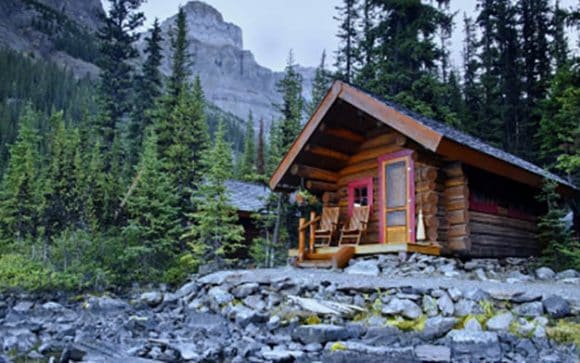What’s the first thing you think when you hear the phrase living-off-the grid? If you think of living in the wild and hunting for your supper, then you’ll be happy to know that you’re not the only one. However, living off the grid is not all about living like a gypsy. It’s about going primitive (raw meat eating aside) and living on renewable fuels, using the public infrastructure and phone lines as little as possible. Not sure whether this is the lifestyle for you? Find out by reading on about the benefits and drawbacks of living off the grid.
The Pros
- Living off the grid is cheaper in the long term. For one, land without the usual infrastructure is relatively cheap, so that saves you a bundle. Secondly, living off the grid means that you don’t use as much power and fuel as those living on the grid too, so you can save on utility expenses.
- When you live off the grid, you have the freedom to live anywhere you like. It helps if you want to be isolated too.
- If you’re an energy-conscious individual, here’s the good news. Off-the-gridders are very cost-efficient, and they use green energy, which is great for the environment
The Cons
- Sure, buying land is cheap when you want to go off the grid. However, the cost of setting up sources of renewable energy is not. At the moment, setting up just one 10kW wind turbine can set you back 48-65 grand. Just imagine what several turbines and solar panels could do to your wallet.
- It’s hard to set up and maintain the energy sources that living off the grid requires
- You always only have a limited supply of power on hand
So, there you go. Now that you have the information you need to live off the grid, it’s up to you to decide whether the lifestyle works for you or not.
